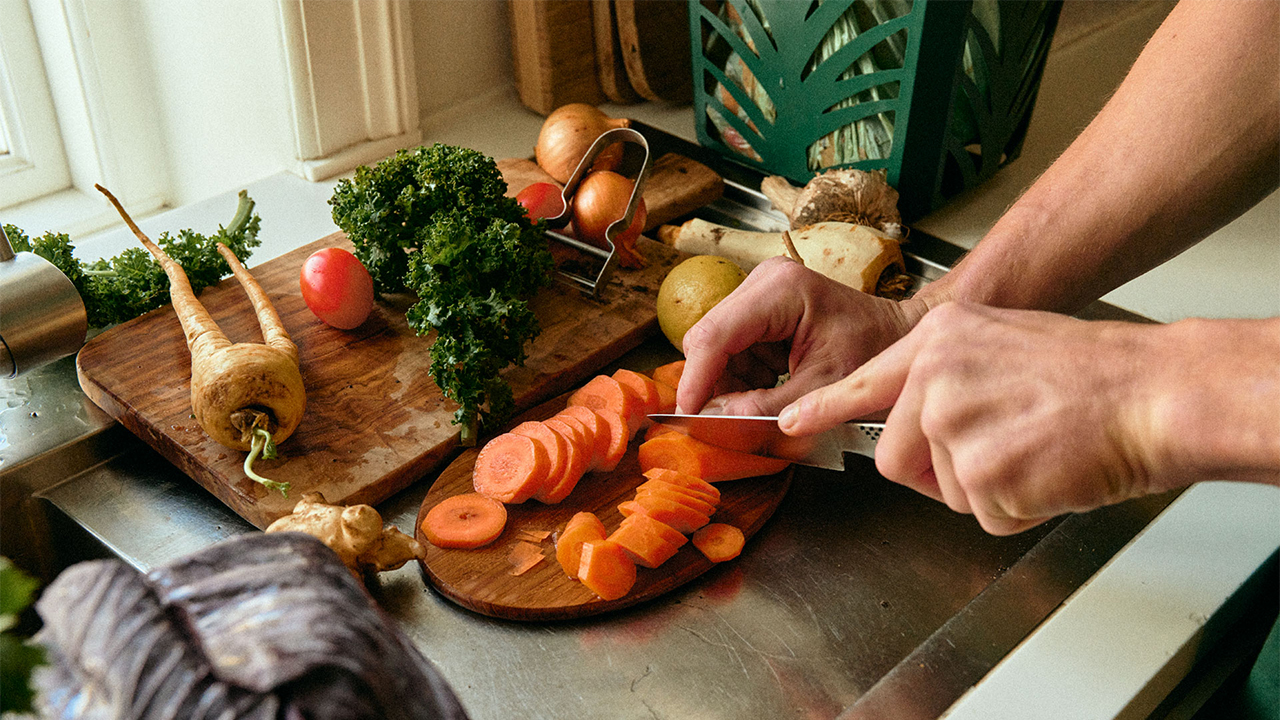April 24th, 2024
|
Organic waste: an environmental threat or the best solution ever?
Recover the valuable resources within organic waste
’’
By using compostable bags, we can actually give clean, nutritious and un-contaminated compost back to the Bioeconomy, and not only take from it.
"Copied! Share in your Instagram Story" 
